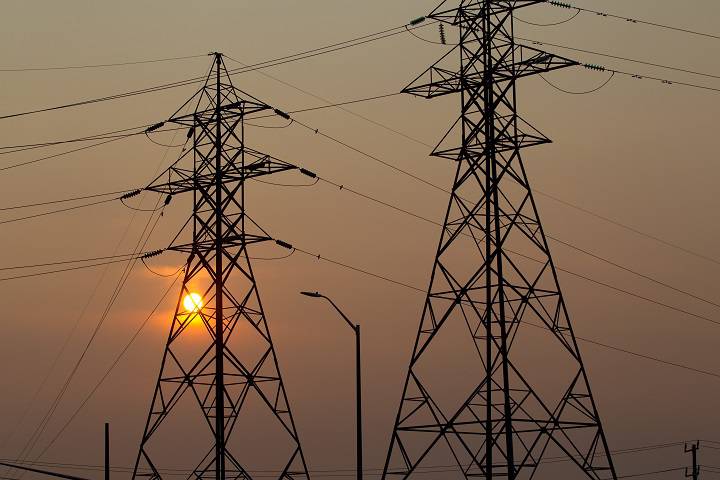
Data released from the Ontario Energy Board, the organization responsible for regulating the province’s energy sector, shows that over the past two years, low-income customers in Ontario fell behind on their electricity bills at a rate more than twice the provincial average.
Over the past two years, the number of low-income customers in Ontario behind on their electricity bills climbed from roughly 14,000 at the end of 2013 to nearly 20,000 by the end of 2015 – an increase of 42 per cent. The overall number of customers behind on their bills during this same period went from 472,000 to more than 565,000 – an increase of 19 per cent.
“The OEB is committed to protecting Ontario’s energy consumers – especially low-income consumers,” said Karen Evans, a spokesperson for the OEB. “We understand that for some Ontarians, electricity prices are making it difficult to make ends meet. The data shows that low-income consumers are having difficulty paying their bills.”
Meanwhile, the same data shows the total dollar amount owed by low-income customers in Ontario during this period increased from $5.3 million to more than $13 million – a jump of 140 per cent. Overall, the amount consumers owed electricity distributors in Ontario went from $108 million in 2013 to more than $172 million by the end of 2015 – an increase of 59 per cent.
While Evans acknowledges that rising electricity costs have placed a growing strain upon the province’s families, she also says her organization works closely with local aid groups and social service providers to ensure low-income Ontarians have access to government assistance.
“We’ve created programs that are specifically designed to help vulnerable customers,” said Evans. “[We] also have special rules in place that utilities must follow when dealing with customers with limited finances, including waiving security deposits and allowing longer payment periods.”
Assistance not enough
Despite all the rules and regulations, many Ontarians say the rising cost of electricity is simply too great to keep up with.
Jason Ladouceur, a 37-year-old from Parry Sound, Ont., says rising electricity costs and the constant threat of disconnection have been a “absolute nightmare.”
“This summer was terrible,” said Ladouceur. “We thought we had everything under control, but then I was late on one payment and they were right back at my door ready to disconnect.”
Ladouceur owes more than $3,000 in overdue payments to Hydro One, the province’s largest electricity distributor. He says the bill dates back to when his home had two meters, and that he was essentially being charged twice for the same thing. Hydro One did eventually remove the second meter, but his electricity bill remains.
“It’s just insane to think we were responsible for covering bills on two separate meters,” said Ladouceur, whose family now lives in the downstairs in-law suit of their home as a way to conserve electricity. “It’s legalized extortion – that is what Hydro One has created.”
Aid groups struggle to keep up
Aid organizations across the province have also struggled to keep up.
Jared Zieroth, Executive director of the United Way of Thunder Bay, says his organization has seen a rush of low-income and impoverished families over the past few years requiring assistance with their electricity bills.
“For us, the ask just keeps getting bigger and bigger,” said Zieroth. “The gap between what we’re able to fund and the need continues to grow.”
Zieroth says his organization’s primary concern is poverty, but adds that energy costs – not just electricity, but also natural gas and propane – have made getting by just that much more difficult for low-income families.
“Thunder Bay has been a fantastic community,” said Zieroth. “They pitch in, but there’s really only so much they can do.”
